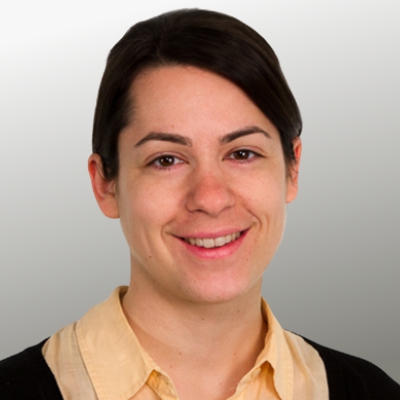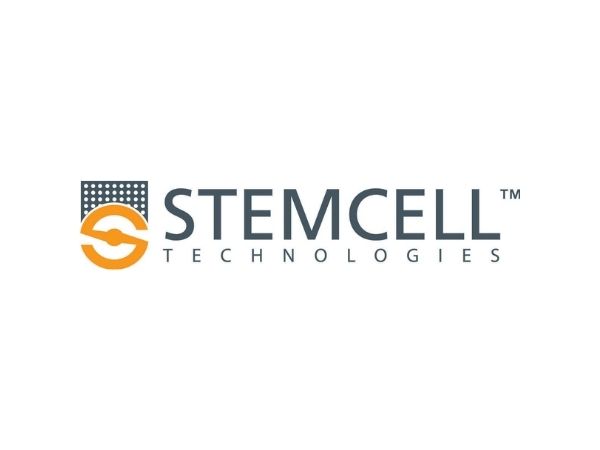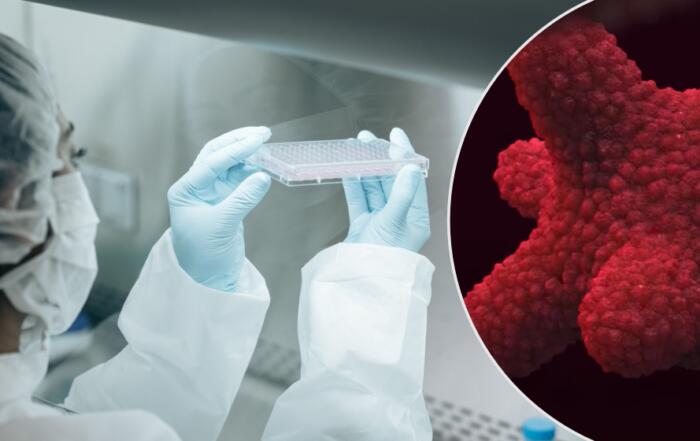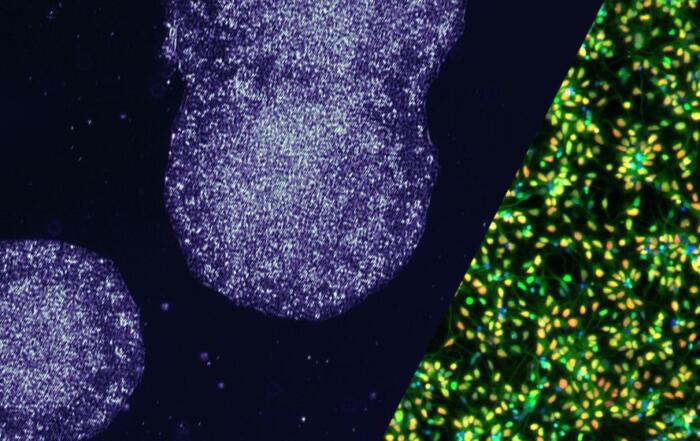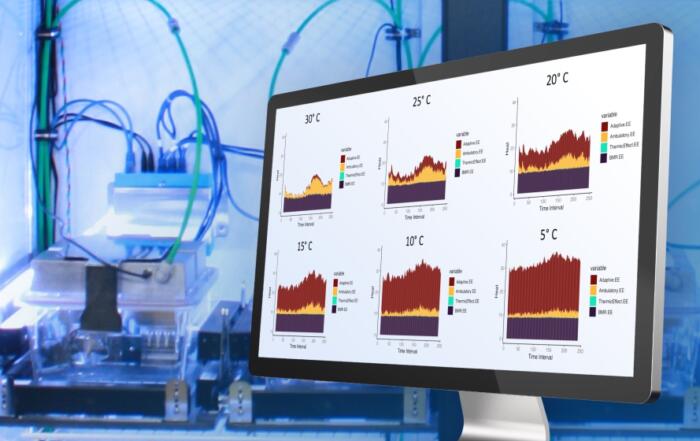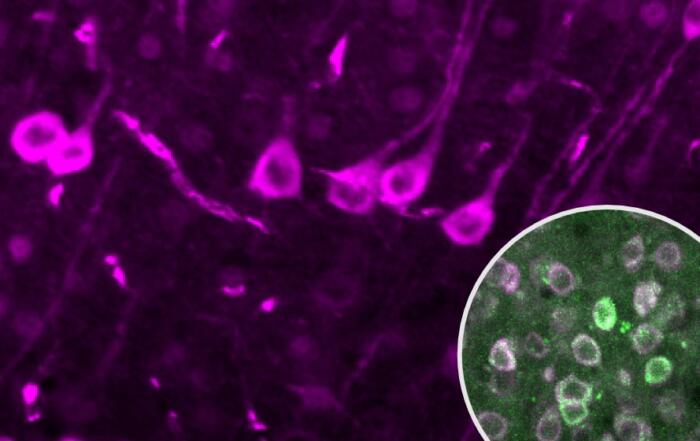In this webinar, Amanda Vanden Hoek, PhD, and Vesna Posarac, MSc, present a novel platform for the efficient isolation of immune cells from large volume samples.
Highlights
- The need for efficiently processing large volume samples in immunology research
- Overview of STEMCELL Technology products that support immunology research
- Benefits and limitations of using a manual, open cell isolation system
- Benefits and limitations of using an automated, closed cell isolation system
Webinar Summary
STEMCELL Technologies is a global biotech leader that supports many different areas of life science research. The focus of this presentation is the products and services that STEMCELL Technologies provides specifically for immunology research, which Amanda explains in detail. Their available products support every step of immune cell-based research, including cell sourcing, isolation, activation, gene editing, expansion, differentiation, analysis, and cryopreservation.
“In order to provide you a foundation for the rest of today’s presentation, it’s important for us to introduce you to some of our existing cell isolation technologies, particularly our immunomagnetic approaches [like] EasySep.”
EasySep combines the specificity of monoclonal antibodies with the simplicity of a column-free magnetic system for the rapid and easy isolation of highly purified immune cells that are immediately ready for downstream analysis. The EasySep portfolio has been used by thousands of researchers worldwide and works robustly over a wide variety of species and starting samples, with different selection methods and magnetic platforms available. These magnetic platforms have traditionally been very successful in processing small blood samples, but not large volume samples.
“There are an increasing number of applications where processing large sample volumes is not only quite common, but actually a critical part of the workflow, primarily in … blood banking, drug discovery, and immune cell therapy research.”
In particular, leukapheresis samples (i.e., Leukopaks) are an excellent sample source since they can provide large numbers of single donor mononuclear cells from peripheral blood to ensure that there are enough cells for downstream assays. While many researchers perform preliminary work with small sample volumes, most of these research areas eventually need to scale up to larger sample volumes like Leukopaks. Efficiently isolating cells from an entire Leukopak can be difficult, and the ease of use, protocol speed, performance, and ease of integration with existing downstream applications must be considered during this process.
“Importantly, the system needs to deliver the same highly-purified functional cells that you were obtaining previously at the smaller scale to ensure that the results of your downstream applications translate appropriately as your research scales [up] and progresses.”
Many research groups must also consider the benefits and limitations of manual versus automated systems, such as risk of operator error or contamination, the need for robustness and reproducibility, and maximizing efficiency and flexibility across applications. STEMCELL Technologies has developed systems that address these considerations and streamline Leukopak processing.
In the second half of this webinar, Vesna introduces a novel system for cell isolation from large volume samples. The Easy 250 EasySep Magnet is a manual system designed to isolate cells from samples ranging from 25 to 225 mL in volume. With this system, whole Leukopaks can be processed in approximately one single 30-minute experiment without needing to split the sample across multiple magnets. Vesna also provides an illustration of a typical cell isolation protocol as well as performance data highlighting the purity of cells isolated from Leukopaks with this system.
“The platform performs comparably or in some cases even better [than] our well-established, smaller magnet platforms … [and] will help to ensure users a smooth transition as they scale up their research.”
Resources
To retrieve a PDF copy of the presentation, click on the link below the slide player. From this page, click on the “Download” link to retrieve the file.
Presenters
Senior Scientist
Research & Development
STEMCELL Technologies
Senior Product Manager
Business Operations
STEMCELL Technologies
